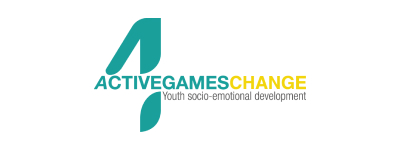
Active Games 4Change
Sport and physical activity learning environment for citizenship, emotional, social and e-competences training

Taking Further Prisoners’ Education Projects in Using Dialogue as Preparing for Release
Timeframe
10/2016 – 05/2019 (30 months)
Get in touch

The DIACEN project is based on the idea that dialogue is a powerful method in delivering adult education, and building a community around authentic dialogue, which, in turn, has the potential to massively reduce offence recidivism rates.
By shedding light upon the adult education that takes place in the prison settings it will be possible to better understand how prisons can be moved into being learning environments.

Develop a comprehensive solution to preparing for release of prisoners, involving all relevant parties united in adult education activities with the aim of fostering dialogue and expression platform.
Introduce this solution in 5 European countries with the cooperation of authorities, professionals and end-users, for the direct use in the pre-release period. The aim is to better integrate the inmates in the community and reduce the re-offending rate.
A comprehensive methodology of setting up the pre-release period with prisoners, educators, social workers, security prison staff and the larger community, for creating a learning pathway from inside the prison towards the community.
A platform for educators and any prison professional that delivers an education moment to express their realities and thoughts on how they prepare the pre-release period, capturing the weak points and recommending possible solutions;
A method for security prison staff (supported by the educators / social workers to be as mediators) to work together with the prisoners using dialogic methods, games, role-play and a guiding handbook.
A working method for the prisoner to develop together with the prison staff a flexible resources guide to help the prisoner in the first part after the release.
A working system for the prison staff to cooperate with the local community, using community engagement methods in finding out what are the best ways to assist the prisoner upon release and what is available in the immediate community as resources and support system for the ex-prisoner.

Sport and physical activity learning environment for citizenship, emotional, social and e-competences training
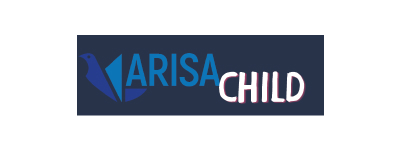
Assessing the Risk of Isolation of Sentenced and Accused: Enhancing the Capacity of Correctional Services to Work with Convicted Children

Cross-sectoral awareness building on mental health needs in the criminal justice system and on release

Blended Learning Environment for European Prisoners

Bringing Safety on the Roads
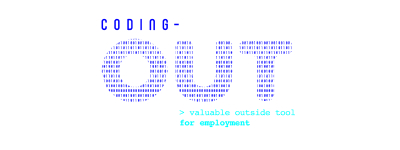
Coding in prison as a valuable OUTside tool for employment

European Interaction Guidelines for Education Professionals when working with Children in Juvenile Justice Contexts

European Induction Support for Adult Learning Professionals to the Correctional Criminal Justice System

Fair predictions of gender-sensitive recidivism

European Framework of Competences for Community Professionals in Gang Environments
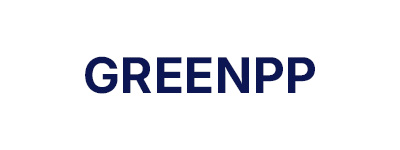
Promoting sustainability in prisons through green competencies, education, and pathways to employment

Identifying future capabilities for Community Policing

Key Competencies for Minor Offender Reintegration

Development and testing of a process chain for the placement of former detainees as specialists in the labour market

Peer Pro-Social Modeling in Probation

Preventing Emotional and Sexual Abuse Among Young People

A flexible, multidisciplinary and transnational VET model for the PROBATION services and practitioners

Strengthening the capacity of criminal justice professionals and volunteers
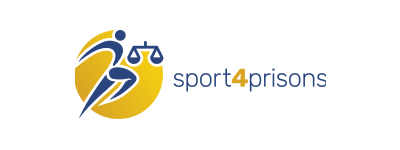
New sports method for prisons as a tool to support competency development, positive values, and reintegration

Systematic Transition from Prison into the Labour Market

Training of Refugee Offenders by Virtual Reality

Secured digital education system for vocational skills for youngsters in closed institutions

Integrating Young Offenders Through the Blue Economy

Virtual reality for training inmates
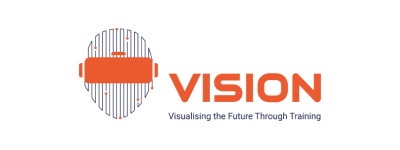
Visualising the Future Through Training

Developing and Using Virtual Reality Technology for the Rehabilitation of Drug Users in Probation Services

Reducing Reactive Aggression through Virtual Reality